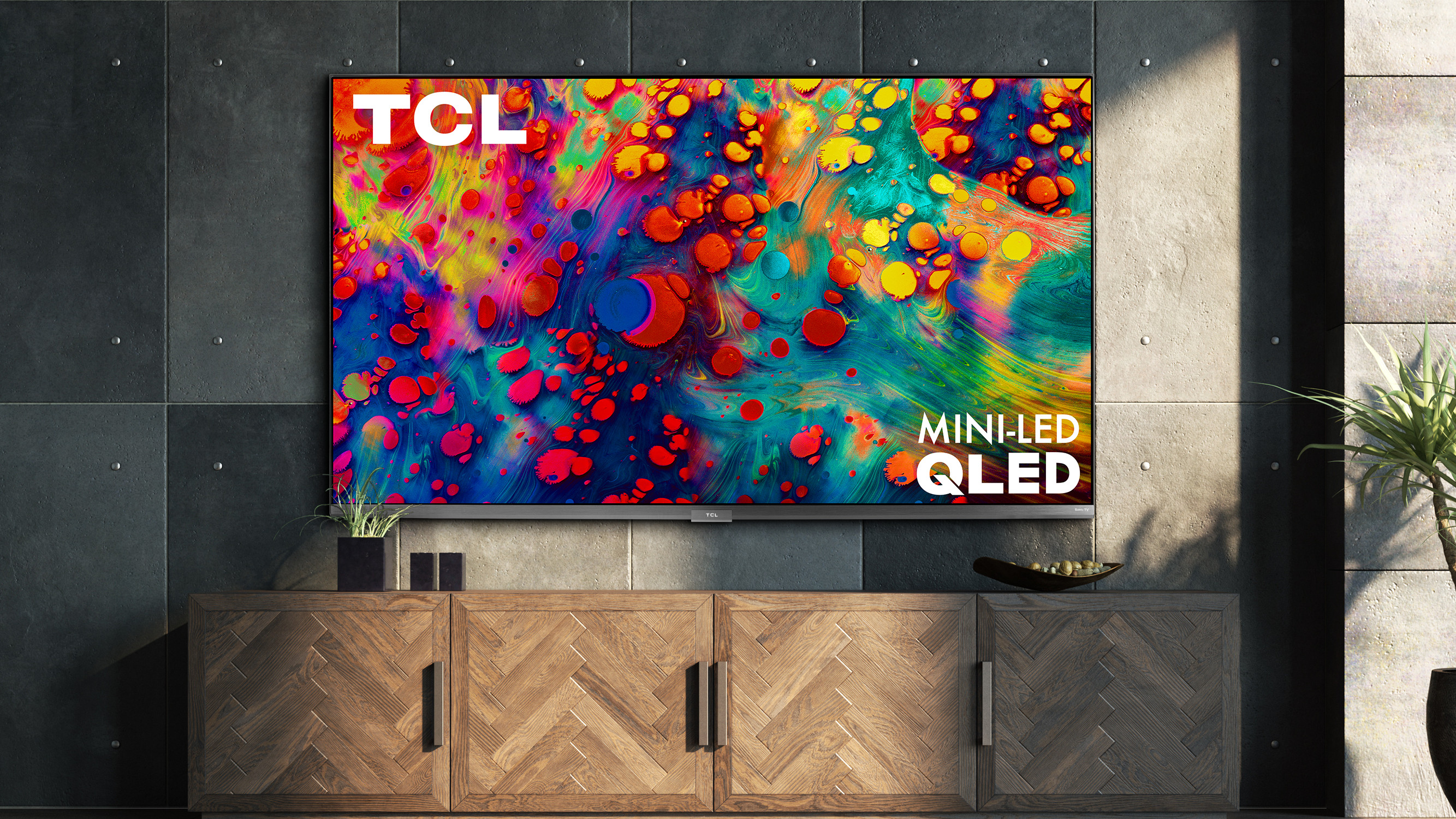
Having covered tech and games full-time for the last decade now, I’ve spent a lot of time in front of a TV. Some of those TVs weren’t anything special — they were just run-of-a-mill LED-LCD TVs that didn't even have VRR or HDR — but these days, I only spend my time in front of the best TVs. Because I’m lucky enough to see all these screens first-hand, I’ve developed a real fondness for a few of them.
Whenever people ask me what TV they should buy, I’ll usually need to ask them a half-dozen questions to find out which one is right for them — but, most times, it all comes down to price and how much they’re willing to spend. Not everyone needs or wants the top-of-the-line TV, especially if it costs more than their car.
With that in mind, I wanted to put together a quick list of my top five picks for every budget — starting at around $500 and going up to around $3,000.
Best under $500
Best under $500: TCL 5-Series
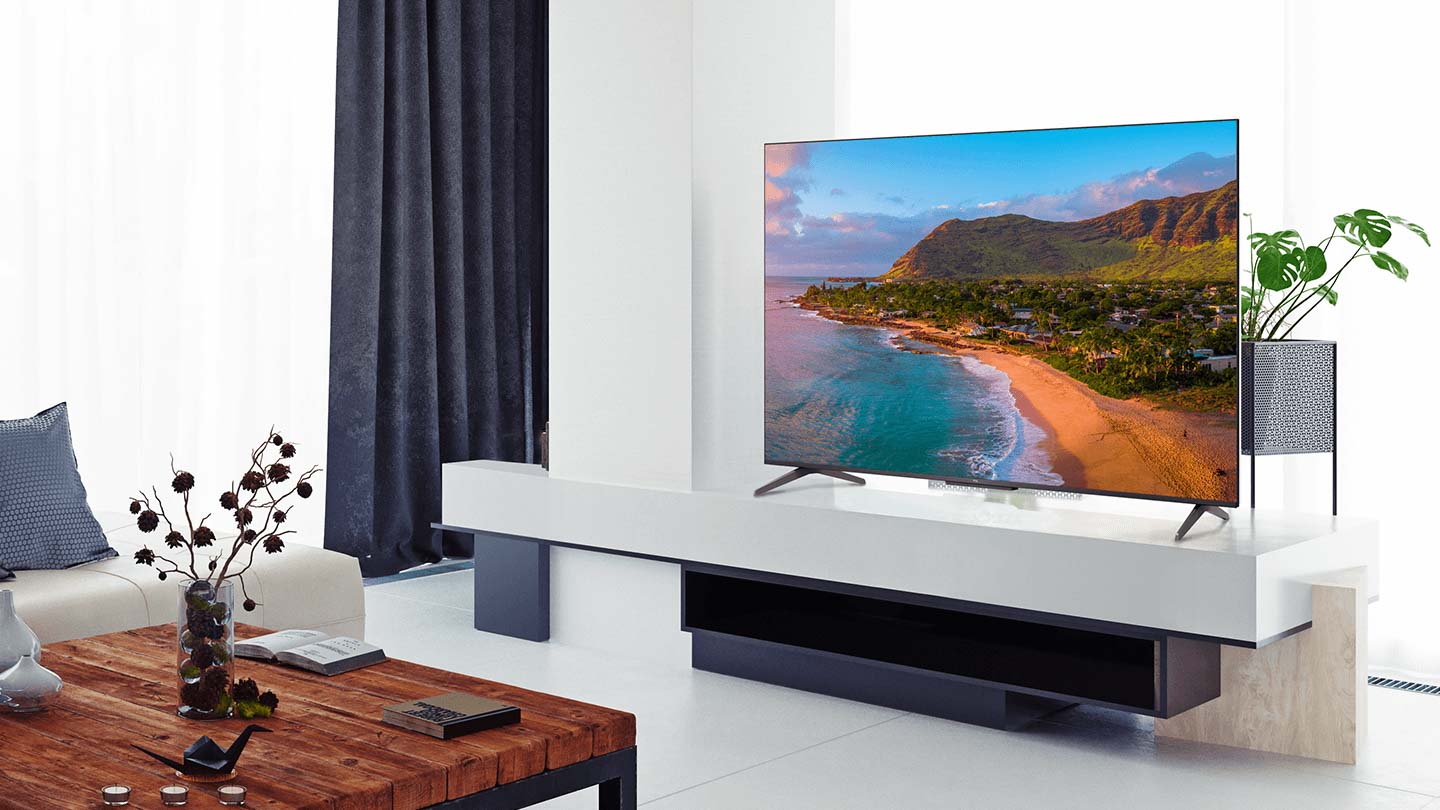
The TCL 5-Series TVs, the TCL 5-Series S535 Roku TV and TCL 5-Series S546 Google TV, are great for the money. By incorporating quantum dot technology, they offer awesome color saturation as well as support for both standard HDR10 and the more premium Dolby Vision HDR format. What I like most of all, though, is that the 5-Series comes in two different versions — one with Roku TV and one with Google TV. Whichever smart platform you choose, you’re getting a great TV.
So why isn’t this the be-all, end-all TV? Well, it has a lower brightness level than is required for proper HDR. Its peak brightness sits at right around 400 nits, much lower than the 1,000 nits recommended by the UHD Alliance for the best HDR experience. It also only has a 60Hz native refresh rate, which doesn’t make it great for gaming. Still, if you’re buying a TV for a bedroom where a lower brightness is better at night, these are my go-to under-$500 picks.
Best under $800
Best TV under $800: Hisense U7H
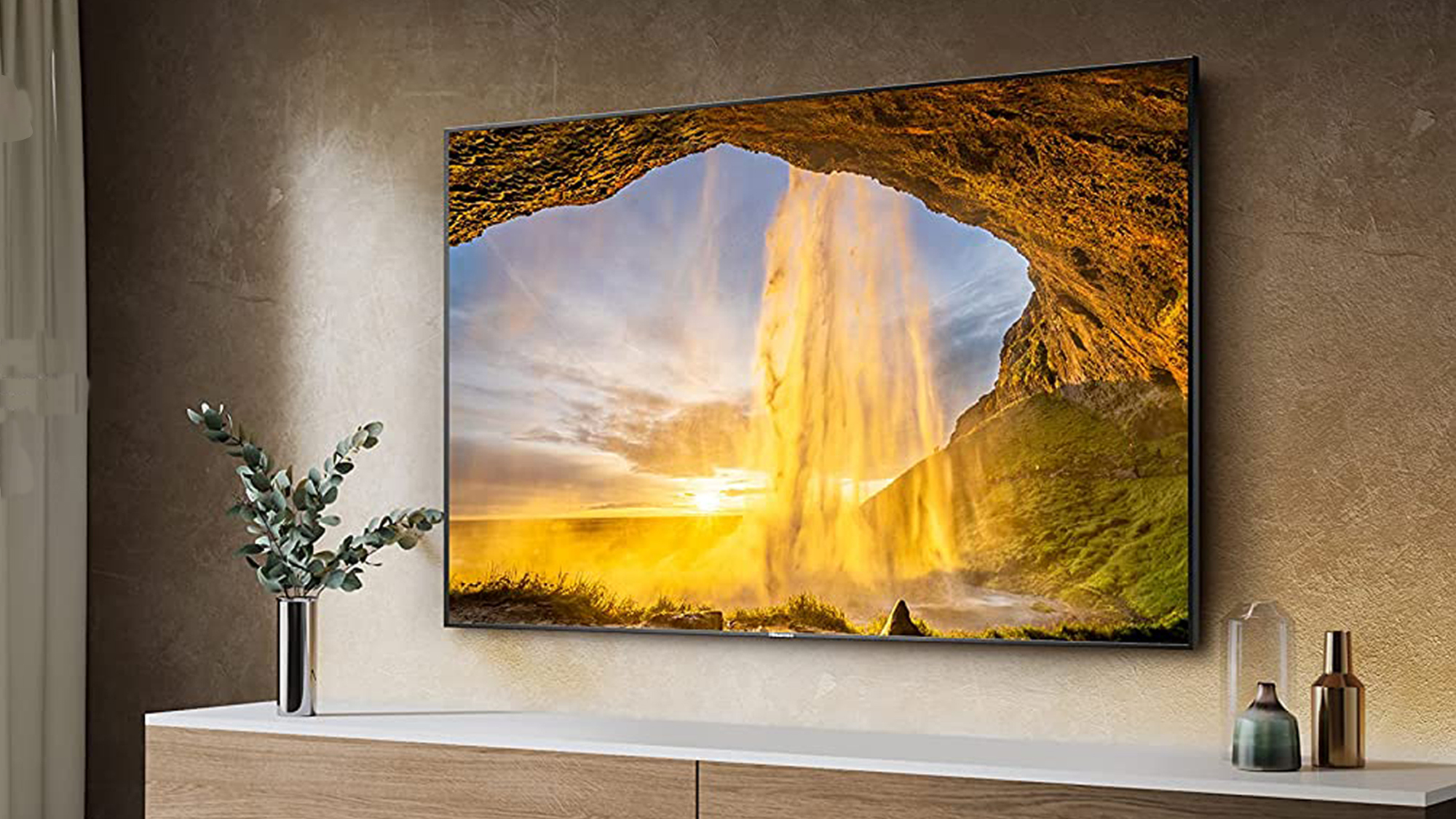
The Hisense U7H QLED TV is a great all-around option for under $800, but it's especially great for gamers. Sure, basically any of the TVs you’ll find below this one are going to be good gaming TVs — but some are going to have features that gamers won’t need or care about. For example, if you plan on streaming streaming Netflix, Hulu and HBO on that PS5, why do you need a good smart platform on your TV?
For folks looking for a great gaming experience, I highly recommend this because not only does it pack in a quantum dot filter, but it comes with all the most important features for gamers — including a 120Hz panel with HDMI 2.1 ports. It has a relatively low latency of just under 15ms and an Auto Low Latency Mode that will kick on anytime it detects a signal from a game console.
Its lower peak brightness and middling black levels aren’t going to stun any cinephiles who are coming from a plasma TV — but it’s an affordable TV with all the right bells and whistles for gamers who just want to play games at their highest resolution with the lowest lag.
Best under $1,000
Best under $1,000: TCL 6-Series R655
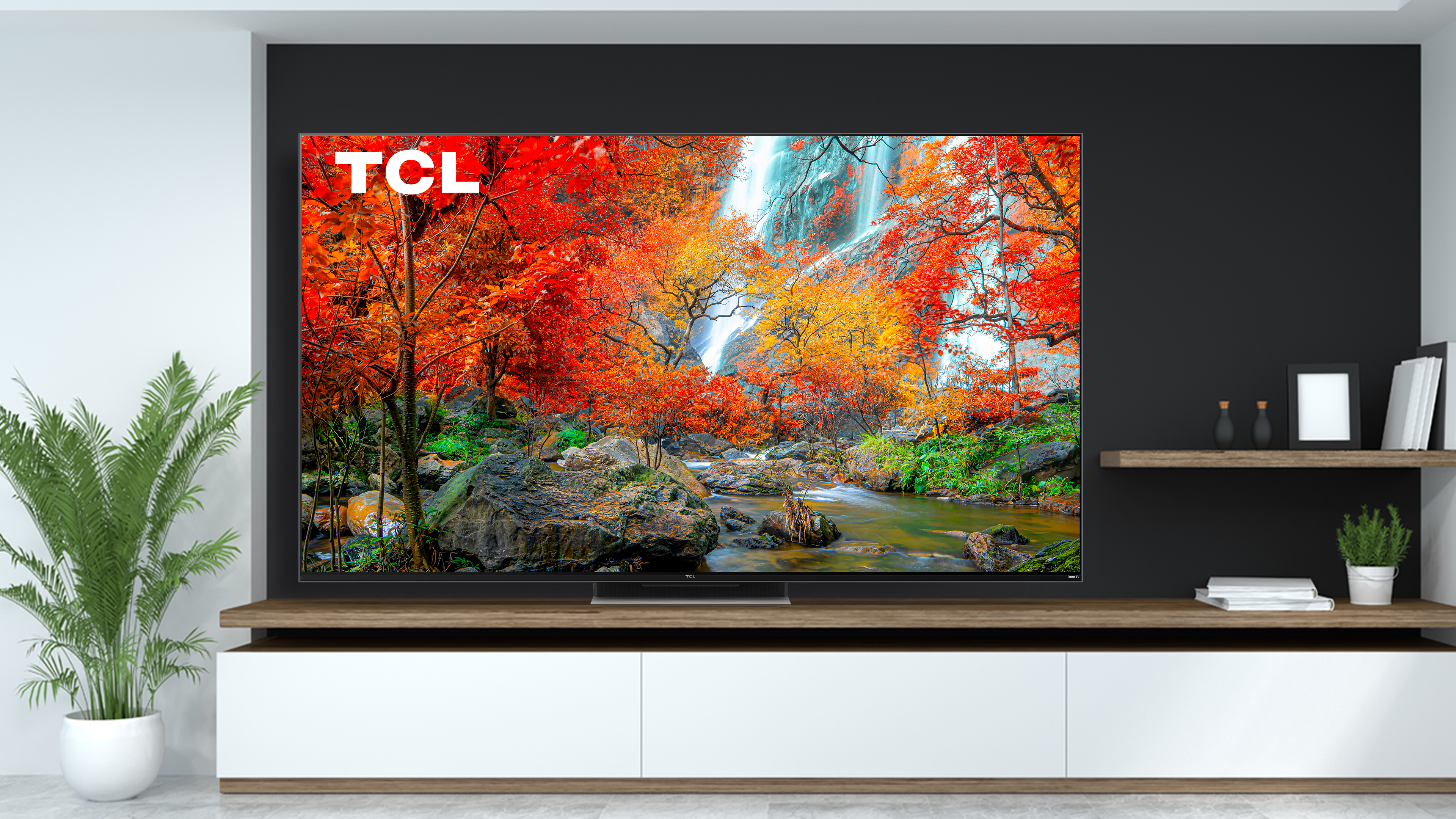
It’s so hard to choose a TV under $1,000 as there are so many fantastic options. The Samsung Q80B is a strong contender, as is the older Hisense U8G. But in my heart, there’s been only one TV under $1,000 I can always recommend, and that’s the TCL 6-Series R655. It’s a QLED TV with that all-important quantum dot filter but it also offers Mini LED lighting for even better contrast levels compared to LED-LCD. It has basically all the specs of a TV that costs close to $2,000 and yet comes in at just under a grand.
So why isn’t this one the be-all, end-all TV? I can think of two important reasons. For one, this TV only has two HDMI 2.1 ports — one of which you’ll need for eARC to connect your sound system. That means you’ll only be able to connect either the PS5 or Xbox Series X in the other HDMI 2.1 port, not both. The other reason? It’s not an OLED TV. As great as Mini LED is, it doesn’t provide the pixel-by-pixel lighting control that OLED TVs have. For that inky black level, you’re going to have to upgrade to an OLED.
Best under $2,000
Best under $2,000: LG C2 OLED
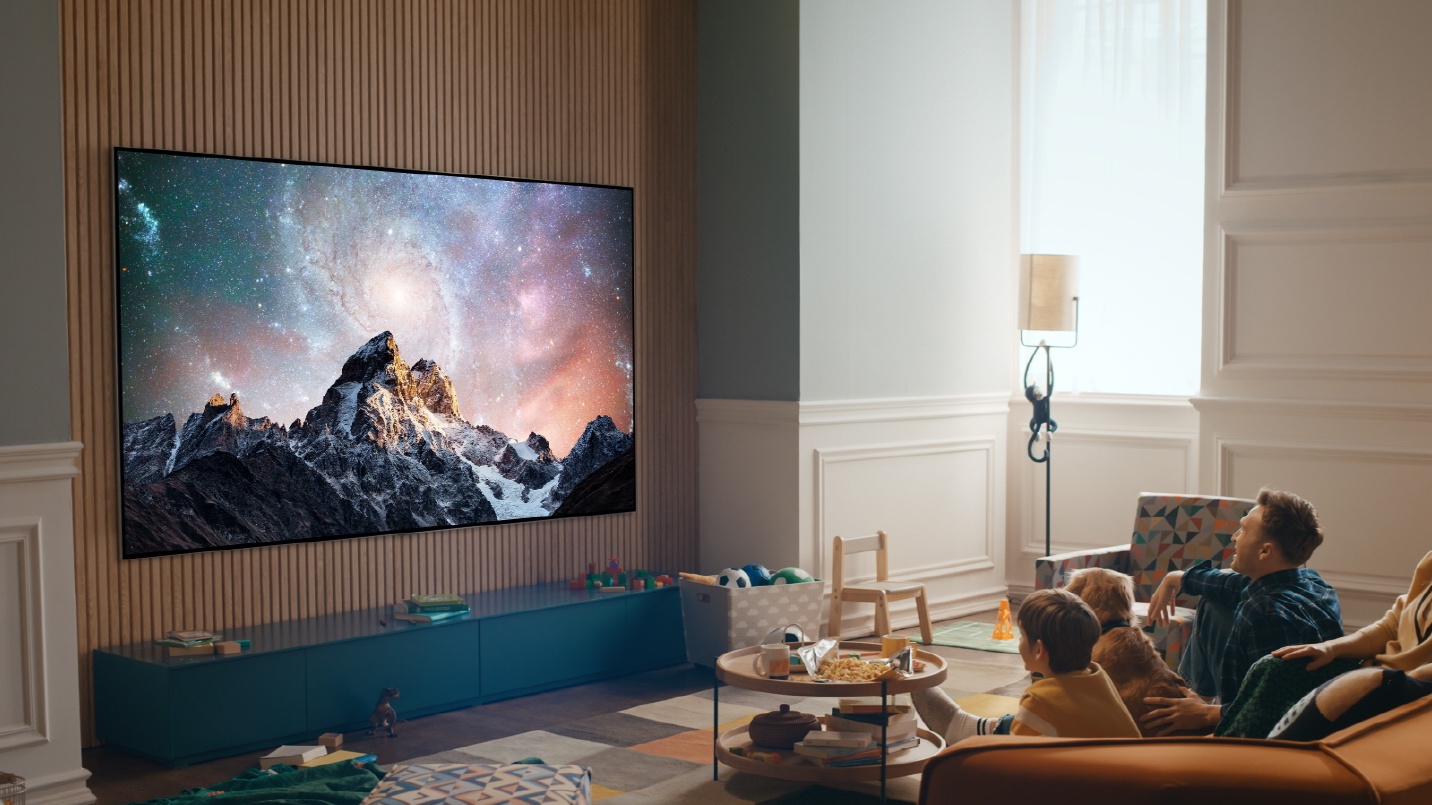
Speaking of OLED TVs, my go-to recommendation for most folks is the LG C2 OLED TV. Specs-wise, the C2 OLED is not the best OLED TV — that honor belongs to the 77-inch 8K LG Z2 OLED — but the LG C2 is that perfect middle-ground.
Obviously OLED is a huge help here, but I also love that this is a native 120Hz panel with great upscaling and fantastic motion handling thanks to the Alpha a9 Gen 5 processor. On top of that, it has four full-spec HDMI 2.1 ports and support for Dolby Atmos out-of-the-box. It supports Dolby Vision and HDR10, plus all the major VRR technologies like G-Sync and FreeSync. For smart home enthusiasts, the C2 supports Google Assistant and Alexa control, and it even has a third LG proprietary assistant built in for basic queries.
So, you might be wondering, where does this one fall flat? For the most part, nowhere. However, its two soft spots are its brightness and its reflectivity — problems that are fixed with the last screen I recommend to folks who want the very best, top-of-the-line TV.
Best TV available now
Best TV available now: Sony Bravia A95K OLED
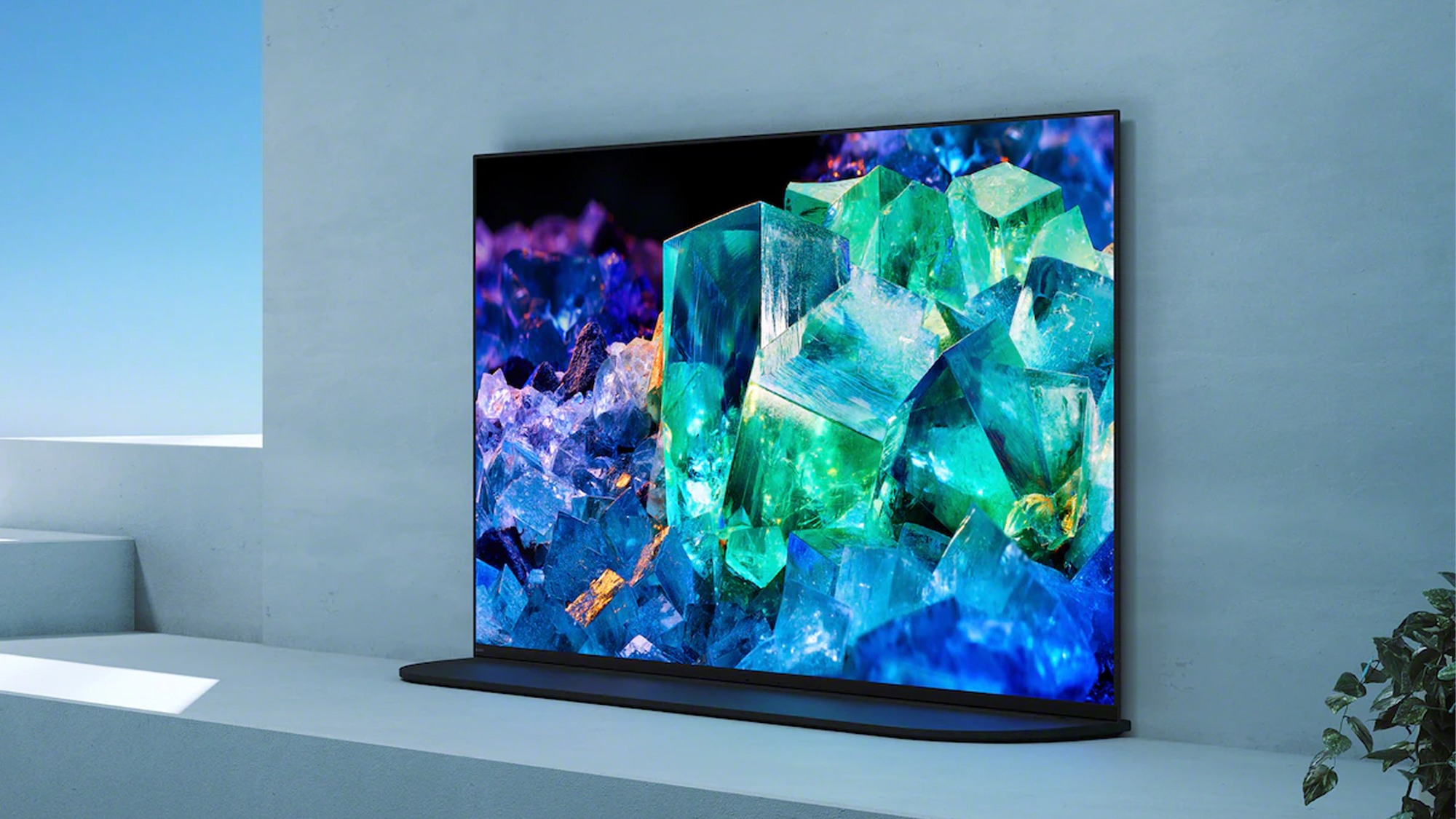
On top of regular editorial duties like planning out our TV content and calling in new models to be reviewed, I also manage almost all of our TV buying guides. Look at any of them and you’ll see one model at the very top: the Sony Bravia XR A95K OLED. It’s Sony’s first QD-OLED TV and, technically, the first QD-OLED TV ever publically available. It blends the brightness and color saturation of quantum dot technology with the perfect contrast of OLED, making it the best available TV on the market.
Pretty much all the features I talked about with the LG C2 OLED are available on the Sony A95K. It has a 120Hz refresh rate, HDMI 2.1 ports, VRR support and Dolby Vision. On top of all that it comes with Sony’s Bravia Core streaming service — the only streaming service capable of delivering near Blu-ray levels of data (between 30Mbps and 80Mbps). I’ve also found that its ISF Mode is the closest thing to a properly calibrated TV without paying for someone to come to your house and I think its motion handling is second-to-none.
It’s not cheap by any stretch of the imagination, however. Pricing starts at $2,499 for the 55-inch Sony XR55A95K but, strangely, only rises to $2,799 for the 65-inch version. (Trust me, that’s the one you really want anyways.)
Pricing aside, it’s my ultimate TV recommendation.







